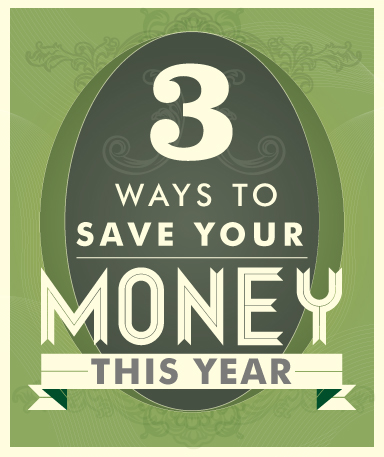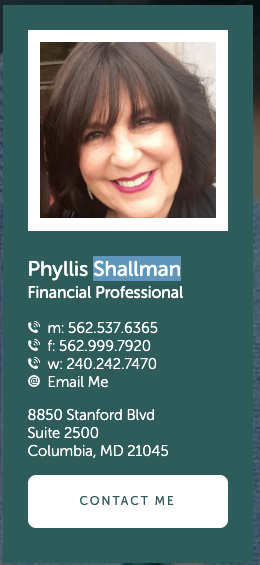When you’re ready to take control of your finances, it can seem overwhelming to get your savings plan going.

Every finance expert has a different theory on the best way to save – complete with diagrams, schedules, and algebraic formulas. Ugh. But saving money isn’t complicated. Here’s a secret: the best way to save money is not to spend it. It’s that simple.
Turn Off the TV
The act of turning off your TV to save money on electricity may not make much difference. Running a modern TV for as long as 12 hours per day probably costs less than $10 per month.* The real expense associated with your television comes from the advertisements. Look around your home and in your driveway and you’ll probably see some of the fallout associated with watching television. Advertisers have convinced us that we need the latest and greatest gizmos, gadgets, cars, homes, and that we need to try the latest entree at our favorite chain restaurant before the deal goes away forever! Skipping the TV for some time spent with family or enjoying a good book may not only cost you less money in the long run, it’s priceless.
The 30-Day Rule
Here’s how it goes. If you want something, and that something isn’t an emergency, make a note of it and then wait 30 days before revisiting the idea of purchasing that item. Your smartphone is perfect for this because it’ll probably be in your hand when you first find the item you want to buy. Use a note keeping app or a reminder app to document the date and details about the item. After 30 days, the desire to purchase that item may have passed, or you may have concluded that you didn’t really need it in the first place. If you still want the item after 30 days – and it fits into your budget – go for it!
The 10-Second Rule
The 30-day rule is useful in a lot of cases, but it may not work so well for some types of household spending, like grocery shopping. 30 days is too long to wait if you’re out of coffee or cat litter. Even so, the grocery store is a hotbed for impulse buying – sales, specials, and check-out aisle temptations may be too much to resist. Instead of dropping items into your cart on a whim, wait 10 seconds and then ask yourself for one good reason why you need to purchase this particular item right now. Chances are pretty good – that there isn’t a good reason. Ding! You just saved money. That was easy. (Hint: Always make a list before you head to the store.)
Now that you’ve gotten rid of the idea that trigonometry + calculus + geometry = financial independence, which money-saving tip will you put into practice first? (Quick note: The 30 Day Rule does not apply here – no need to wait to get started!)
Source: Crank, Josh. “How Much Electricity Does My TV Use?” Bounce Energy Blog, 4.12.2018, https://bit.ly/2LZA4kq.







